Keywords: Family Violence
There are more than 200 results, only the first 200 are displayed here.
-
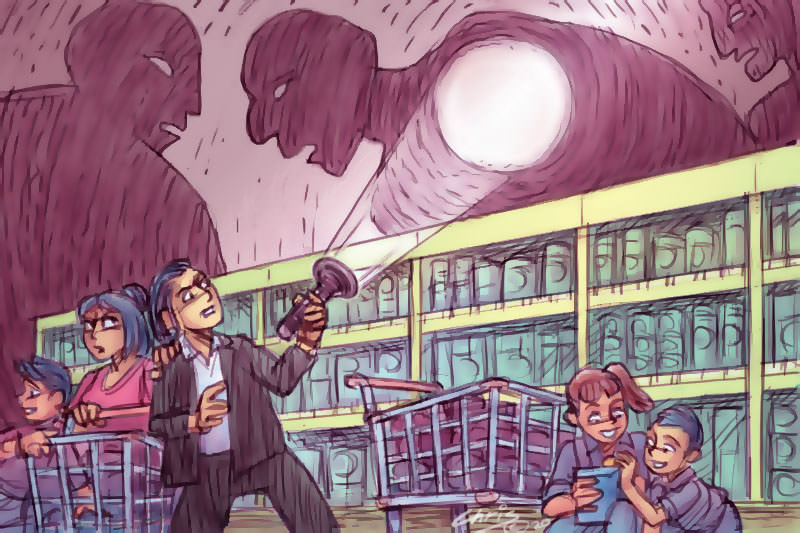
AUSTRALIA
At the fringes of the legal system, there are areas of work you probably won’t read about in law school career guides. Many of these deal in trauma or poverty. They are substantial, but they aren’t celebrated or pursued by the mainstream of the profession. They generally attract neither money nor prestige, and in many cases the ‘market’ fails to provide paid jobs of any sort, irrespective of need.
READ MORE 
-

ARTS AND CULTURE
- Jennifer Zeven
- 22 May 2020
13 Comments
I spent the first six or seven years of my life spellbound by my mum’s stories of her childhood in Far North Queensland. Herstory came from warm, outback and subtropical places. She and her sisters wrote on slates at school, played in custard apple trees, kept their own bees.
READ MORE 
-

AUSTRALIA
- Samantha Floreani
- 21 May 2020
8 Comments
Over the past few weeks we’ve seen the government pull out all the stops in an attempt to convince the Australian public to download the COVIDSafe App. There are plenty of issues with the app itself, including its technical flaws, and valid concerns around data privacy, security and the normalisation of surveillance. But the other fascinating aspect of COVIDSafe has been the commentary surrounding the app.
READ MORE 
-

AUSTRALIA
- Kate Galloway
- 13 May 2020
2 Comments
Over the weekend in most Australian states, rules requiring people to stay home were relaxed somewhat. The country has commenced its easing of the significant restrictions on venturing out in public. As we begin to reacquaint ourselves with life outside, it is useful to reflect on the new resonance of ‘home’ — but also on its inherent limits.
READ MORE 
-
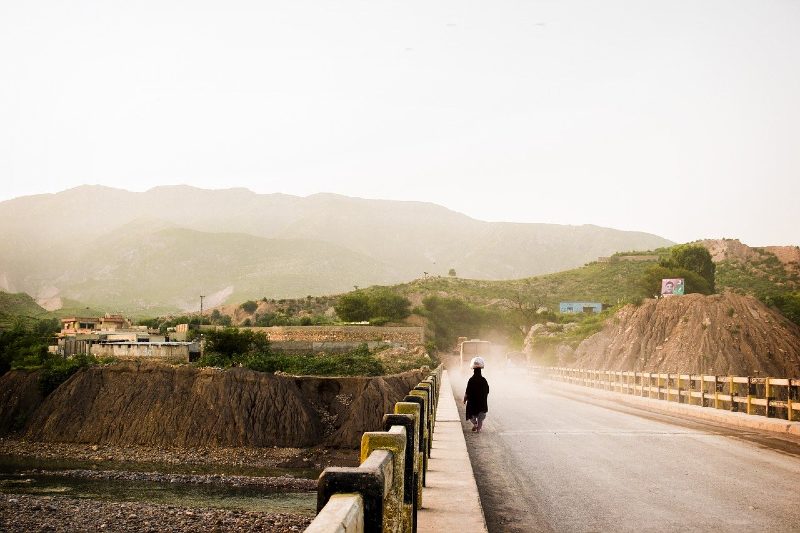
INTERNATIONAL
Many women and children in Pakistan might not be safe within their own houses. They are being forced to be locked in with their abusers, with little to no hope of intervention from authorities or the outside world, as everyone is engaged in fighting with the virus.
READ MORE 
-
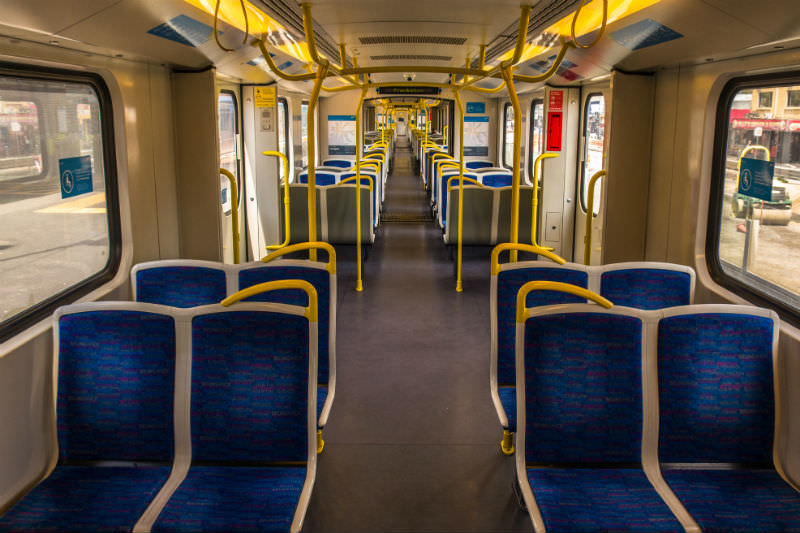
ARTS AND CULTURE
- Barry Gittins
- 24 April 2020
8 Comments
We are at the end of the beginning. ‘If you feel you have coronavirus…’ I tune out emotionally and daydream as the public service announcement plays over and over in empty trams and trains, and in deserted shopping centres.
READ MORE 
-

AUSTRALIA
- Danusia Kaska
- 08 April 2020
5 Comments
The COVID-19 pandemic came swiftly and without any warning to turn our lives upside down. But while many of us are living the routine of our lives very differently now, people who are homeless or those at risk of homelessness are experiencing this pandemic in an acutely difficult way.
READ MORE 
-
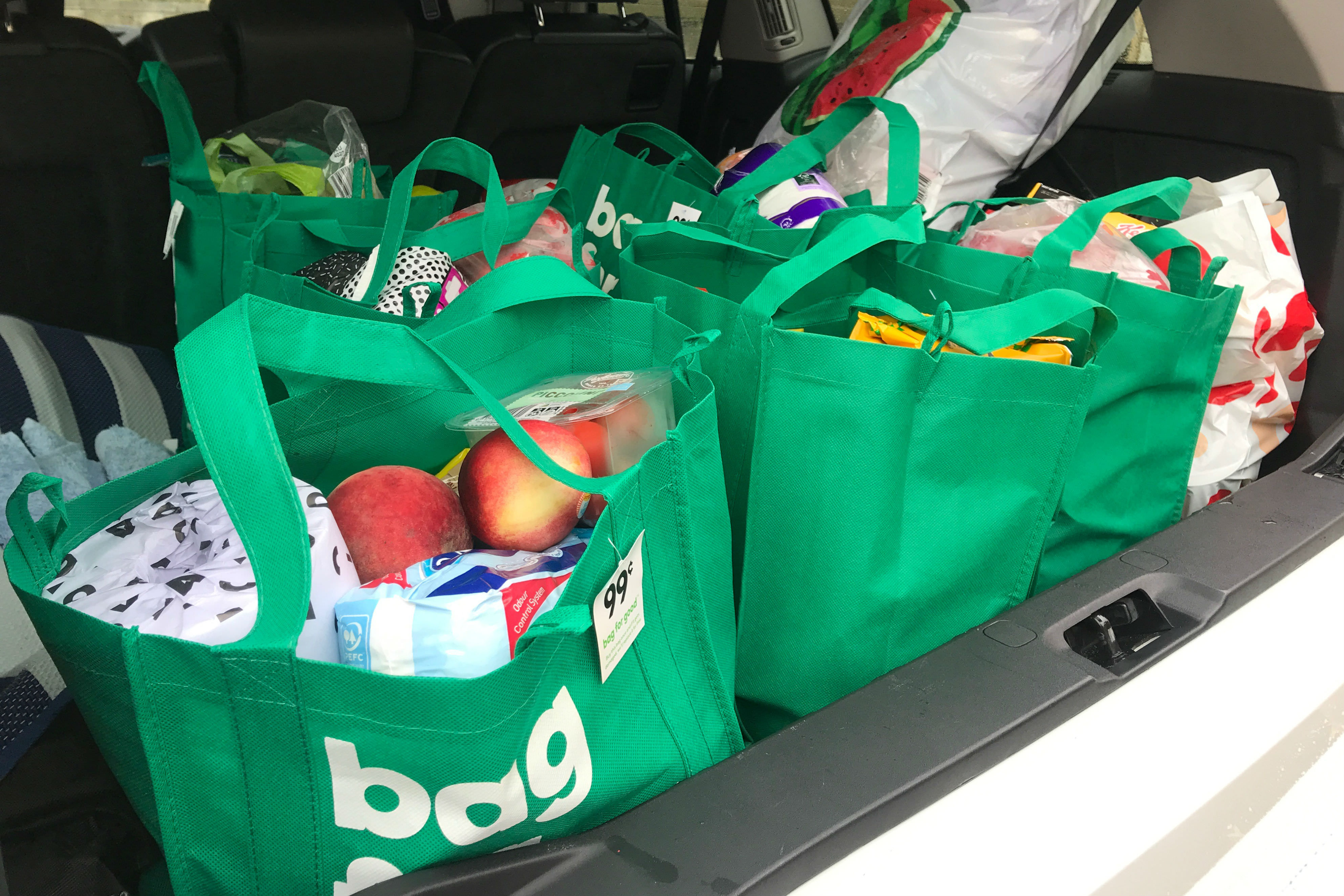
FAITH DOING JUSTICE
- Carolina Gottardo
- 06 April 2020
6 Comments
The ability to work from home or social distance is a class issue. How do you practice social distancing in the slums of Lagos, the favelas of Rio or the shanty towns of Bogota, the city where I was born? Here in Australia, it’s not much different for refugees, people seeking asylum and migrants in vulnerable situations.
READ MORE 
-

AUSTRALIA
- Celeste Liddle
- 02 April 2020
7 Comments
While there have been endless social media posts, political campaigns and the like about staying safe by staying at home, I have been concerned about the many people who are not safe at home and what this may mean to them. What will this mean for the woman who’s been living with a domestic violence perpetrator for years?
READ MORE 
-
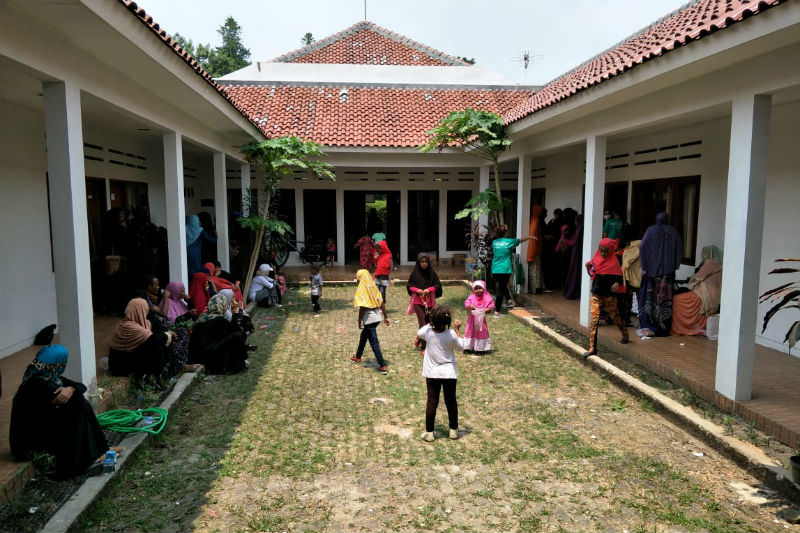
INTERNATIONAL
- Warsan Weedhsame
- 25 March 2020
3 Comments
For the last two years I have been an advocate for the refugee community in Jakarta. I have seen how women’s education is the first and most important need for women to secure their rights. Each week, I meet many refugee women who can’t speak up for their rights.
READ MORE 
-

AUSTRALIA
- Geetanjali Sharma
- 11 March 2020
10 Comments
While family violence and intimate partner violence are spoken about in Australia, there isn’t much general knowledge when it comes to the court process and what happens next.
READ MORE 
-
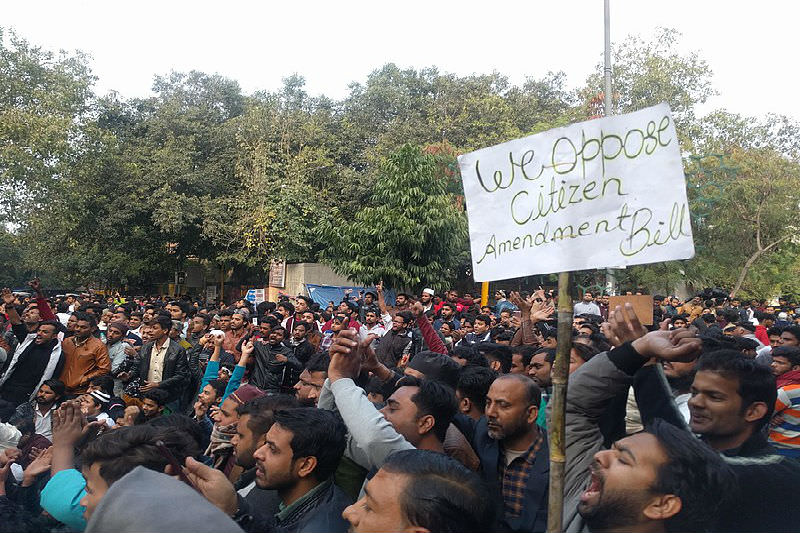
INTERNATIONAL
- Irfan Yusuf
- 05 March 2020
8 Comments
The divisive and foreign Hindutva ideology goes against the culture and spirit of Delhi. Recently Modi’s party were trounced in local elections. Almost always the violence and hatred is caused by outsiders and resisted by the Dilli-walas.
READ MORE 